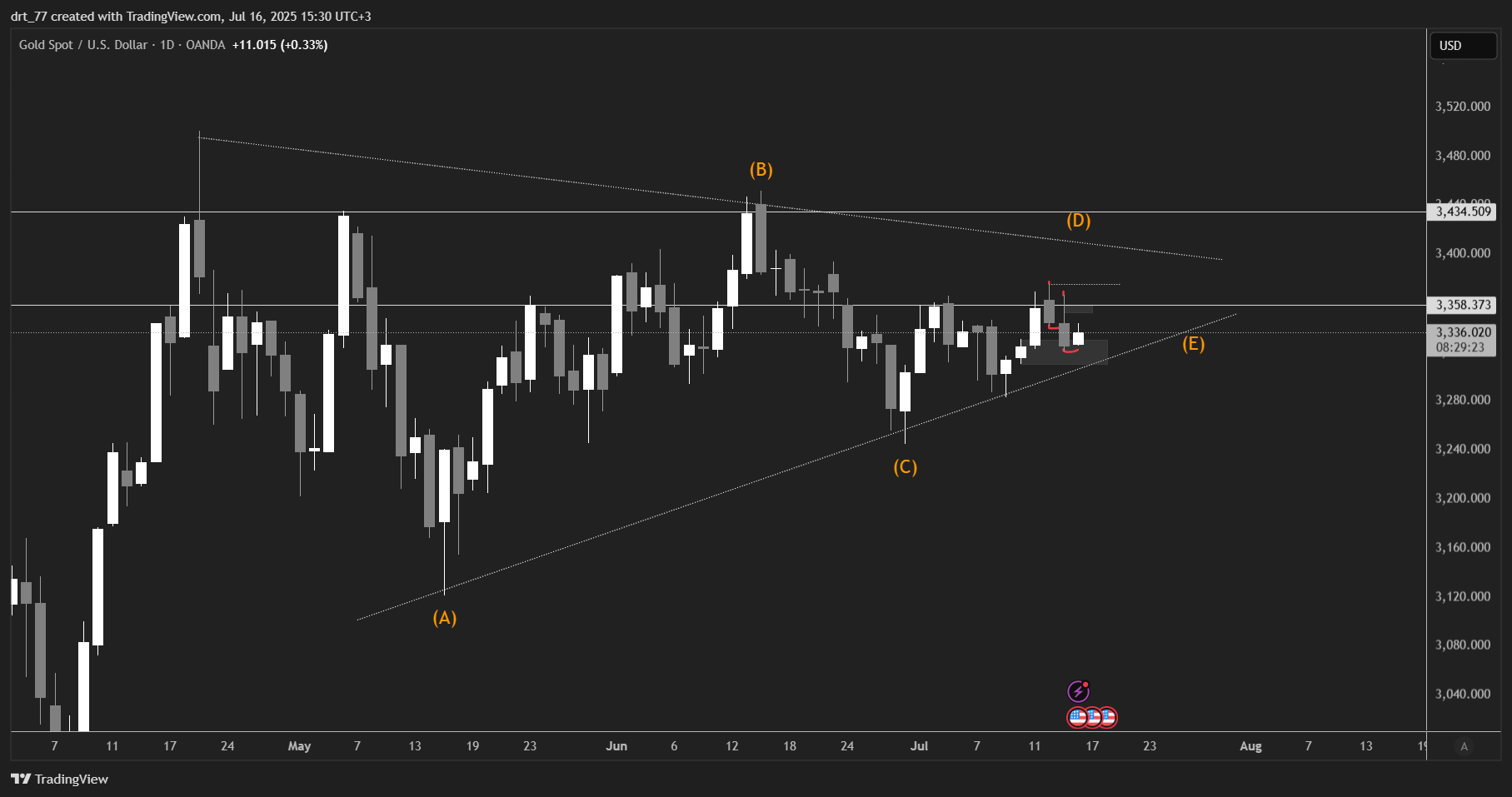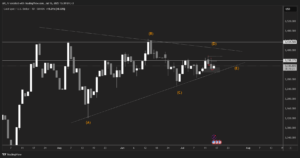After yesterday’s bounce, the market mood has soured again; European bourses are heading for a weaker start ahead of PMI data.
· Recession & inflation fears hurt risk sentiment ahead of global PMI data
· UK public sector net borrowing hits £18.6 B, the 4th highest April since records began
· EURUSD slips after hawkish comments from Lagarde yesterday lifted the pair towards 1.07
Last week marked the seventh straight weekly decline for US stocks, so it’s fair to say that a bounce was due. Risk sentiment picked up after President Biden said that his administration was considering reducing tariffs on China and optimism that the two-month Shanghai lockdown could end next week.
Today markets are heading lower, once again proving unable to hold onto gains amid a lack of confidence in the outlook. Concerns over inflation and a global recession once again weigh on sentiment. At the World Economic Forum in Davos, these concerns were highlighted, with some business and government leaders’ warnings that the economic outlook has darkened and some are flagging the risk of a global recession.
PMIs
The main focus today will be on PMI data. But as recession fears grow, the data is expected to show that business activity remains relatively resilient, despite the depressing backdrop of rising energy prices and supply chain disruption.
In Europe, the UK, and the US alike, both manufacturing and service sector PMI data are expected to show a slowdown from figures in April. The slowdown is expected to be slight, and the PMIs are expected to remain in the mid 50’s across the board. The level 50 separates expansion from contraction.
A significant decline in the PMIs could further fuel concerns over the economic outlook and further hit risk sentiment.
UK PSNB
UK public sector net borrowing data revealed that borrowing rose to £18.6 billion in April, up from £13.2 billion in March and the fourth-highest April borrowing since records began in 1993. However, it is a stark improvement on the £28.3 billion borrowed in the same month last year, owing to measures to support the UK economy through the pandemic. However, compared to public sector net borrowing in 2019, which was just £6.2 billion, it is clear that there is still much work to be done.
EUR/USD
In the FX markets the euro jumped yesterday following hawkish remarks from ECB Governor Christine Lagarde. Lagarde said that the ECB was likely to end its net bond purchases very early in the third quarter and is expected to lift its deposit rate out of the negative territory by the end of September.
The ECB has gone from ruling out rate hikes this year to planning several rate hikes across the summer as the central bank accelerates a sharp policy turnaround. A move that lifted EUR/USD towards 1.07. Today EURUSD is easing lower on USD strength. Another speech by Christine Lagarde will be eyed later.
RBNZ
NZD/USD is slipping lower after solid gains yesterday as USD strength returns. Attention will shift to the RBNZ, which is increasingly expected to raise interest rates by 50 basis points again after surprising the market with an outsized hike in April.
Disclaimer: This article is not investment advice or an investment recommendation and should not be considered as such. The information above is not an invitation to trade and it does not guarantee or predict future performance. The investor is solely responsible for the risk of their decisions. The analysis and commentary presented do not include any consideration of your personal investment objectives, financial circumstances, or needs.





